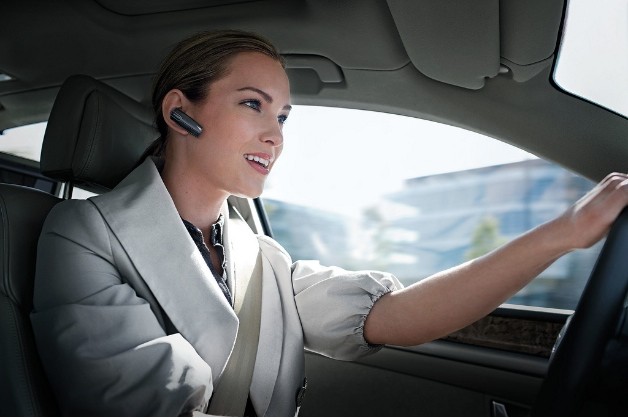

It’s alarming to hear people insist that hands-free phone use in vehicles is not dangerous. That’s because the evidence does not back up that assertion.
We already know that studies show cell phone use causes distracted driving and accidents, resulting in bodily injury and property damage. Yet, many state governments still do not prohibit drivers from using cell phones while behind the wheel.
Important developments like hands-free technology, voice recognition texting and dashboard touchscreens have not provided a solution to this dilemma. According to the New England Journal of Medicine, the only good thing a cell phone contributes in a car is the 911 call to emergency services at the scene of an accident.
A Journal study showed that cell phones cause a 400 percent increase in the likelihood of an accident behind the wheel every second the driver is engaged in calling. The National Institutes of Health established that the accidents that occur have a high rate of physical injury.
Hands-free phones, voice recognition texting and touchscreen pads have done nothing to lower the number of accidents. It has been discovered that the cognitive activity of a person on the phone contributes to accidents, whether or not their hands are occupied with the phone.
It’s becoming clear that our penchant for new technology is driving us toward even more car accidents. To illustrate the march of technology, for their 2014 models, car companies are introducing touchscreens in the center dash stack and visual monitoring devices in the middle of the driver’s side dash.
The American Psychological Association’s Psychnet did a study introducing non-driving mental tasks to people while they were driving and discovered noticeable “spatial gaze concentration” and “visual-detection impairment” in drivers. Respondents detected dangerous situations much slower and experienced response selection problems long after detection.
In comparing intoxicated drivers and drivers using cell phones, a study by the Department of Psychology at the University of Utah determined that when compensating for difficult driving conditions and the time it took to complete a task, cell phone drivers were more impaired than intoxicated drivers.
The evidence points to an obvious conclusion: People are mistaken if they think driving and hands-free phone use, texting with voice recognition or dashboard technology is not dangerous and distracting them from the road.
Also read: